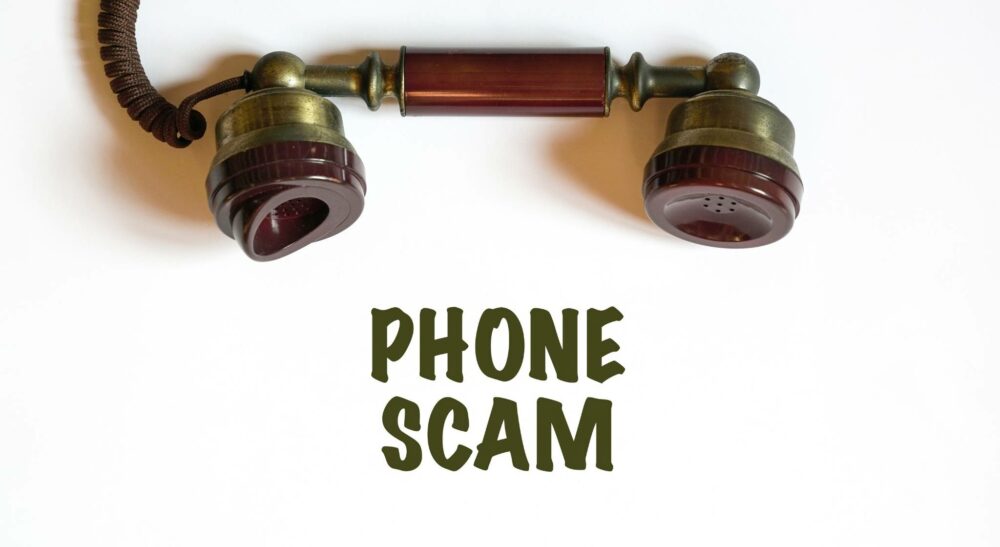Stunning Growing Threat of Social Media Scam
Latest News & Scam Alerts




The Latest 411 on Current Day Cell Phone Scam

Smishing: A Whole New Level of Scams & Frauds
Over £27million lost to scams involving crypto and forex investments in 2018/19
Securities and Exchange Commission
If you’re someone who is into Online Auctions, then you’re definitely at the right place. We can give you the best practices in identifying red flags as well as help you in recovering your stolen money from scammers!
Table of Contents
Scam Statistics: A Social Media
Scams are targeting more people and businesses. Scams and victims are concentrated in some countries. Do you want the latest scam data, including online dating scams? We got it covered.
As expected, country data differs. However, many victim testimonies provide valuable knowledge. Catfishing is among the top 10 scams. Scamming, whether online, by email, over the phone, or on social media, is a criminal.
Let’s get started right now without further ado.
Environment Overview

Before discussing the top statistics on specific social media scams, we felt it might be beneficial to first explore some basic social media business data to provide perspective.
1. Over 3.8 Billion Use Social Media
In their Digital 2020 Global Overview Report, DataReportal, Hootsuite, and We Are Social reported over 3.8 billion social media users at the start of 2020. Their prior annual report showed a nine percent gain.
The UN estimates that half of the world’s 7.7 billion people utilize social media. Cybercriminals have several targets.
2. Social Media Cybercrimes Earn $3.25 Billion Globally
Bromium and Dr. Mike McGuire, a Senior Lecturer in Criminology at the University of Surrey, found that cybercriminals love social media.
Their analysis says, “social media-enabled cybercrimes are earning at least $3.25B in worldwide revenue annually.” Since 2017, social media-enabled fraud has earned over 60% more illegal earnings.
3. Facebook Had Three Worst Data Exposures in 2019
According to SonicWall’s 2020 Cyber Threat Report, Facebook was breached three times last year.
The March 21, April 2, and Dec. 14 events exposed 267 million to 600 million users or 469 users per incident.
4. In 2018, Social Media Abuse Increased by Nearly 200%
PhishLabs found that social media abuse grew by approximately 200% in 2018!
5. 25% of Social Networking and Dating Transactions Are Cyber Attacks
The Arkose Labs Q2 2020 Fraud and Abuse research found that 27% of social transactions between January and March 2020 were attacks. “One-fifth of traffic on social media firms is an attack,” the research states.
6. Social Media Scams Cost Australians $23 Million in 2019
In 2019, 8,195 victims lost $22,095,164, according to the Australian Competition & Consumer Commission’s Crime Watch website. Compare this to 2018, when 6,829 victims lost $15,769,203.
Scary Social Media Scam Statistics

Global Social Media Scam Statistics
Global fraud reports reached 50,176 in 2020. Over 40 consumer protection agencies collaborate on eConsumer.gov to fight overseas fraud and scams. Online shopping led the International Fraud Report on scamming figures in 2020, followed by business imposters, travel/vacations, and romantic scams. In 2020, losses totaled $154.8 million.
· US e-consumers reported 21,900 fraud cases in 2020, making it the most-scammed nation. France had the second-most reports (6,252), followed by India (2,078), the UK (955), and Poland (955). (950).
· China (8,096) and the US (7,994) had the most fraud reports in 2020.
Fraud statistics show how severe it is.
· China had the most fraud-reported corporations in 2020, followed by the US. UK third with 3,170. France had 1,971 enterprises, followed by India with 1,729.
· 20,802 Canadian companies reported fraud in 2019. (FTC)
· Canada had 25,773 reported fraud victims in 2019, again leading the pack. Germany ranked second with 13,276 frauds, followed by the UK (10,068), India (9,365), and France (5,227).
Social Media Scam Statistics in the United States
Online purchase frauds lead to 84% engagement and 47% money loss (Longevity Stanford).
Tech support scams have 64% engagement and 32% money loss, while employment scams have 81% involvement and 25% loss. 16% learned about fraud from social media. Word-of-mouth (41%), websites (22%), TV or radio public service announcements (15%), social media (16%), educational booklets (3%), and in-person meetings or seminars (4%).
Despite social media networks’ efforts, 47% of users saw more spam. Only 20% of study respondents reported fewer spammy social media posts. Nearly half of the respondents saw more social media spam. 27% were unsure, and 6% did not use social media.
78% of US companies were phished on social media in 2019. In 2019, US companies had fewer phishing scams than Japanese ones. One-quarter of respondents reported one to 10 phishing incidents. 26% reported 10–50 attacks in 2019.
WORRIED THAT SOMEONE HAS YOUR PERSONAL & BUSINESS INFORMATION?
With how easy it is for scammers to acquire your data, it’s reasonable to be alarmed. Protect yourself and your loved ones by getting advice from experts.
We will guide and even help you get your money back from scammers.

Social Media Scam Statistics in Australia
By December 10, 2020, investment scams cost Australians A$58.6 million.
Phone scams cost Australia A$43.2 million in 2020 as of December 10. Scammers typically use phones. Thus, phone scams cost the most. Phone scam figures show that Australians lost over A$43.2 million in 2020. Internet, social media and phone scams follow. Email, mobile app, SMS, and in-person engagements engage victims. Scams affect women (50.6%) and men (47.5%) in Australia. Women report more, but men lose more money. Phishing has 39,677 reports as of December 10, 2020.
Social Media Scam Statistics in the United Kingdom
UK customers spent £41 billion on misleading eco-friendly items and services in 2019. (GOV.UK)
Marketers may deceive consumers by claiming to be environmentally friendly due to higher ethical spending. Thus, the UK Competition and Markets Authority (CMA) will investigate whether eco-friendly statements in product descriptions and labeling mislead consumers.
In 2019, Brits spent £41 billion on green products and services. This industry’s spending has quadrupled in 20 years.
The Current State Of Social Media Scams
Scams
According to the FTC, 26% of 2021 fraud losses were from social media.
In 2021, financial, romance, and online shopping frauds caused 70% of social media losses.
Reporting Scams to Authorities is Critical to Stay Safe on Social Media
Scam reports are gathered by the FTC. Call 1-877-382-4357 or report the scam online to the FTC.
If you’re scammed on social media, notify the FBI’s Internet Crime Complaint Center. Facebook’s Help Center contains account security advice. Report questionable Facebook posts, messages, and profiles.
Final Thoughts on Social Media Scams and Related Statistics
Social networking is good and bad. Social media offers a unique method to network and remain in touch with family and friends, but hackers can exploit it.
You need to set higher social media goals by:
· Authenticating. Two-factor and multi-factor authentication helps secure your online accounts, including social media and networking accounts.
· Limit online personal information. Set your profiles to “private,” and don’t post anything cybercriminals could use.
· Accept no connection requests. Be cautious while connecting with strangers or friends online. Check for fraudulent profiles (for example, see how recently the profiles have been created).
· Avoid social and marketing ads. Don’t click on malicious links—they’re real and becoming more common.
Key Takeaways!
You now understand how serious scams and fraud are, especially in the US, where most victims report. Each quarter, more cases are reported.
What’s even worse, the COVID-19 pandemic increased scammers and victims.
Additionally, victim losses have increased along with reported cases. Social media and online interactions gave scammers new channels, but phone calls remain popular. Australia collects massive amounts of data, which aids analysis and yields valuable insights.
To conclude, identity theft, fraud, and other schemes will continue. Be vigilant to save yourself from these social media scams.
For more relevant information, visit Ez Chargeback and find thousands that can help you invest your money in the right place. If you have been scammed in an online auction scam, contact us, and we will help you get your money back.
do you need help?
A lot of those who contact us have questions and concerns about their personal and business data being compromised. We aim to arm you with the legal and technical know-how in the fight against scams. Also, we will be able to refer you to top scam recovery agencies.
Please fill up the form. Rest assured that our support team will get in touch with you





